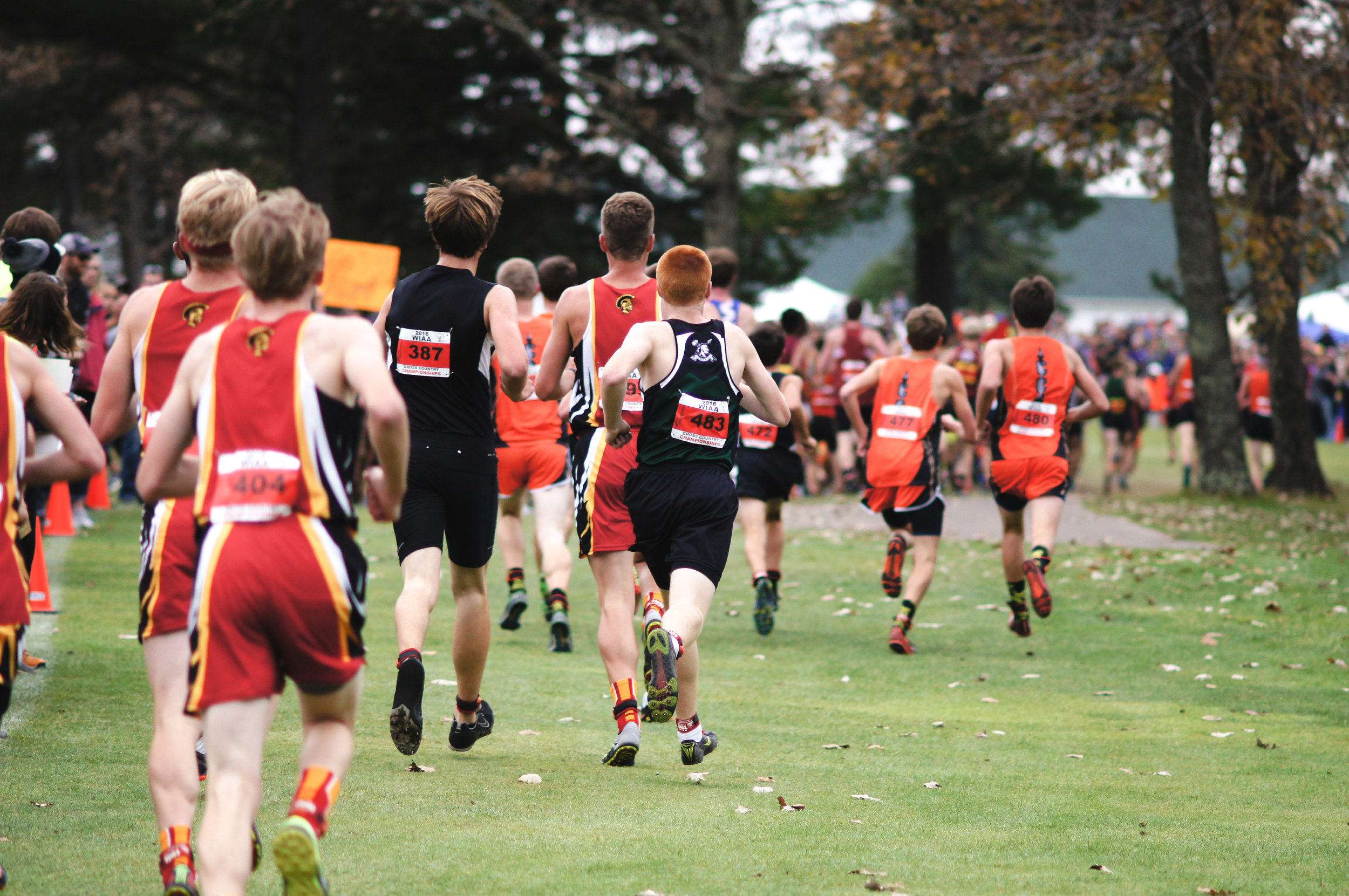Trusting the process is not the easy way out.

Recently, my best friend had the race of her life. I did not. In fact, my race was so terrible that she lapped me on the final stretch of her first-ever sub-12 minute 3200. I felt terrible. As I tried my best to maintain a calm composure to finish my final lap, the realization that I was not at the fitness level that I once was at became extremely clear.
That 3200 meter race was not the slowest one of my career; in fact, I had completed this race a full 15 seconds faster than I did two days prior. In other circumstances, I would have been proud of myself, but I found myself staggering to the grassy interior of the track feeling emotionally numb. My best friend came over and gave me a hug. She told me that she was proud of me and that I was on a trajectory back to where I had been before an unfortunate slew of injuries. She reminded me that it had taken her an entire year to come back to her original level of fitness after her injury. I knew that she was right, but I didn’t believe a word that she said.
My best friend asked if I wanted to cool down with her. I reluctantly agreed but quit after about five minutes. I couldn’t take it anymore. I ran to the nearest bathroom and cried.
I love running. I love the feeling of racing. I love the feeling of pouring my heart and soul into something that I put so much time, effort, and dedication towards on a daily basis. But most of all, I love my teammates.
After five months of not being able to run because of a serious stress fracture, I am finally able to run. In fact, I just celebrated three weeks of consistent running. I am so thankful that I am able to run relatively pain-free, but my brain sees my current times as failures. I even thought about quitting the sport I love so much.
Trusting the process is one of the most difficult things that I have challenged myself with doing. I previously rejected the whole “trusting the process” mantra, dismissing it as a mere excuse for under-performance in athletes recovering from an injury. I thought that trusting the process was the easy way out and that I would just miraculously bounce back from a five-month hiatus. But I was wrong.
I am trying my best to trust the process. One of the most frustrating things is when my teammates are having major breakthroughs in their running while I am back where I started so many years ago. But I am still persevering. I am aware that my split on my team’s 4x800 meter relay is the slowest. My teammates tell me that they are proud of me, but I know that I am the one keeping our team from breaking 10 minutes. I used to feel awful about this, but am now using this to fuel my internal desire to run for my teammates. After having run three 800 relay splits at the same exact time, I finally shaved off two seconds. Two seconds is not much, but it was all I needed to motivate me to continue to train hard, do my extensive daily physical therapy routine, and give my all in these next few weeks. I have made an internal commitment to myself to trust the process. I now understand that beating myself up after “slow” races does nothing positive to my outlook on running. And I know that I will do everything in my power to run with my whole heart and soul.
Trusting the process is not the easy way out. In fact, trusting the process is the strongest and most difficult thing that you can do.
- Anonymous




